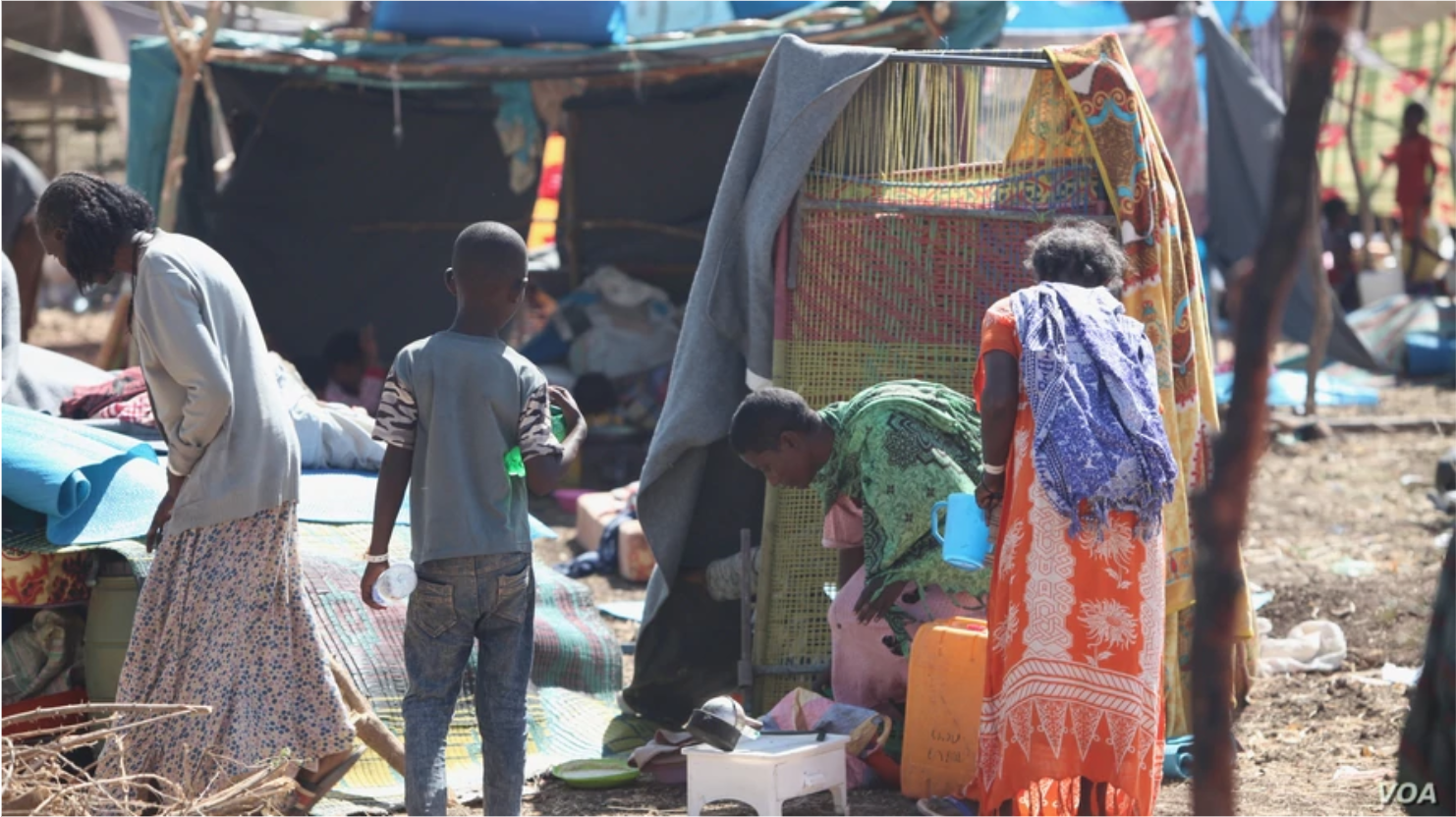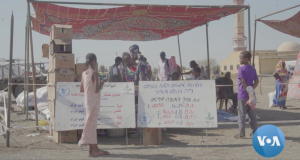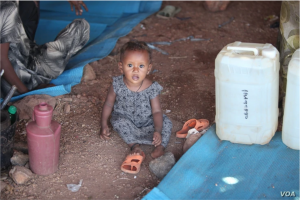VOA adds languages, goes inside refugee camps to cover Tigray crisis in Africa

Voice of America acted quickly to add several new languages to its broadcasts to provide unprecedented coverage of the crisis in Ethiopia’s Tigray region, where war has forced thousands to flee their homes.
The network’s correspondents also reported exclusively from inside some refugee camps in Sudan, which is hosting more than 50,000 Ethiopians who fled since the fighting broke out in November 2020.
This all took place as the Ethiopian government’s imposed blackout made it virtually impossible to get accurate information about the conflict.

Recognizing the deteriorating conditions in Ethiopia’s Tigray region, located in the northernmost region of the country, VOA added existing Tigrigna-language radio broadcasts to VOA FM radio stations in the Libyan cities of Tripoli and Misrata. These newscasts reach not only the newly displaced civilians, but also Eritreans in both cities who arrived prior to the current exodus and still have ties to the crisis-affected area
VOA’s newly created “micro sites” now deliver digital content in Tigrigna, Amharic, Afan Oromo and English from the network’s regional reporting teams.
VOA also went to where the stories were: the camps themselves. In just the first 15 days of December, VOA’s refugee reporter Heather Murdock filed 22 articles from inside the refugee camps in neighboring Sudan where thousands of Ethiopians fled. A TV package included accounts from refugees who have lost track of loved ones; a web article detailed the mayhem inside Ethiopia, with one witness saying he jumped over dead bodies as he fled.
VOA also interviewed some women who gave birth in the camps. Officials were trying to move their families from the main border camp to more permanent settlements, but the new mothers told VOA they fear it was too soon and too dangerous to move their frail infants again.

Meanwhile, other Tigrayans in Sudan told VOA they did not trust Ethiopian Prime Minister Abiy Ahmed’s claim that the fighting has stopped and that it was safe to return.
The government also has tried to control the flow of information from Tigray by arresting journalists. According to Reporters Without Borders, at least six journalists were arrested in the first week of the conflict. “Journalism is again a dangerous profession in Ethiopia,” that international organization said in late December.
